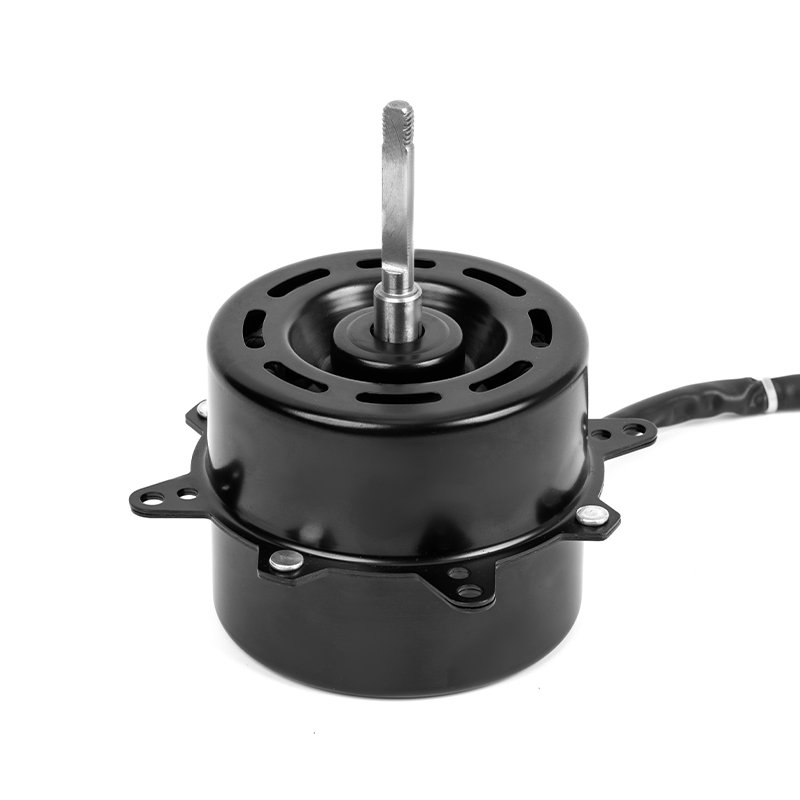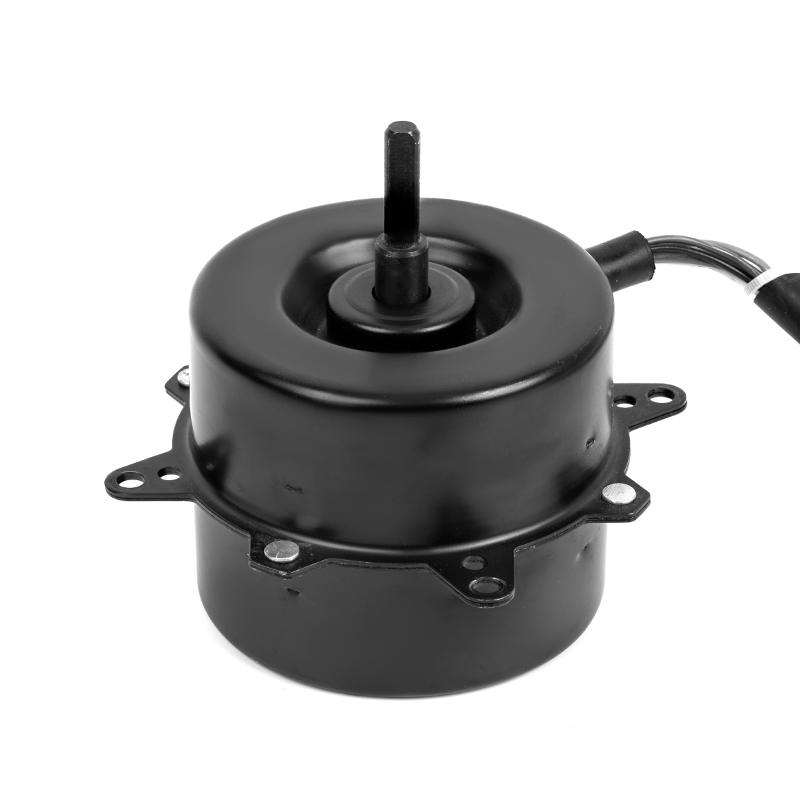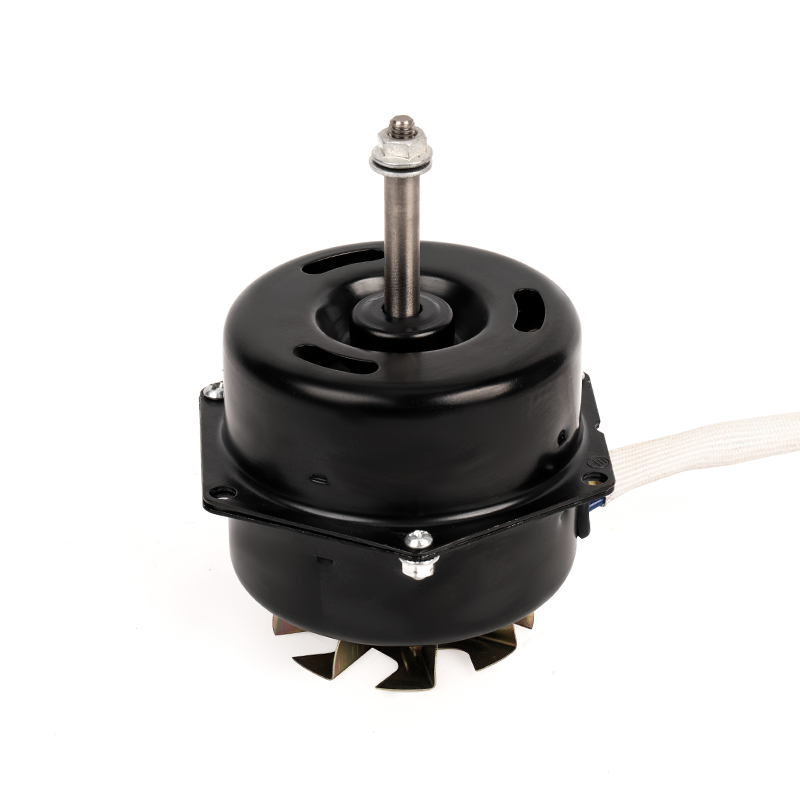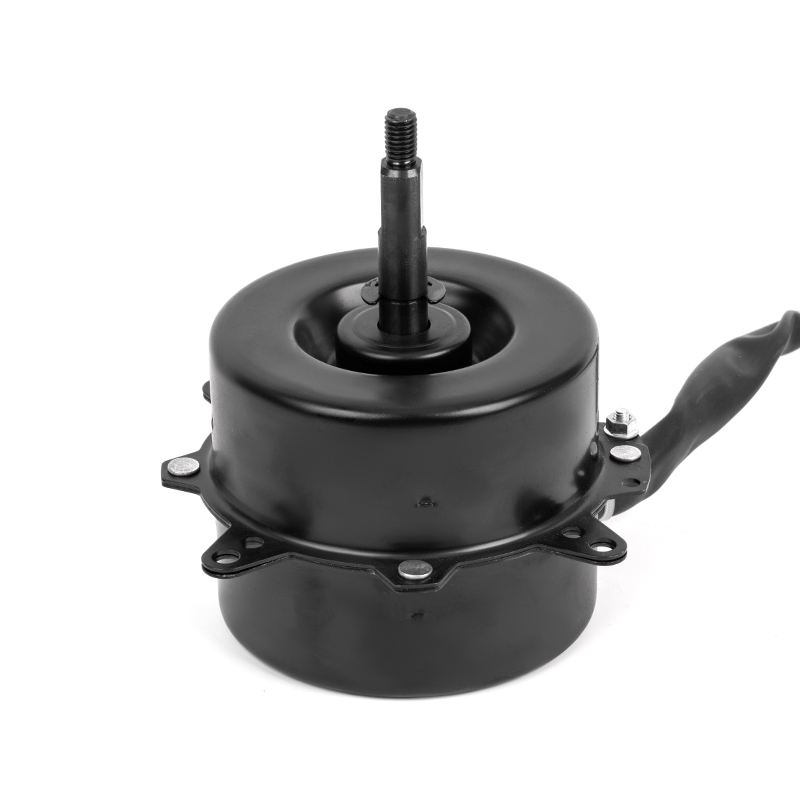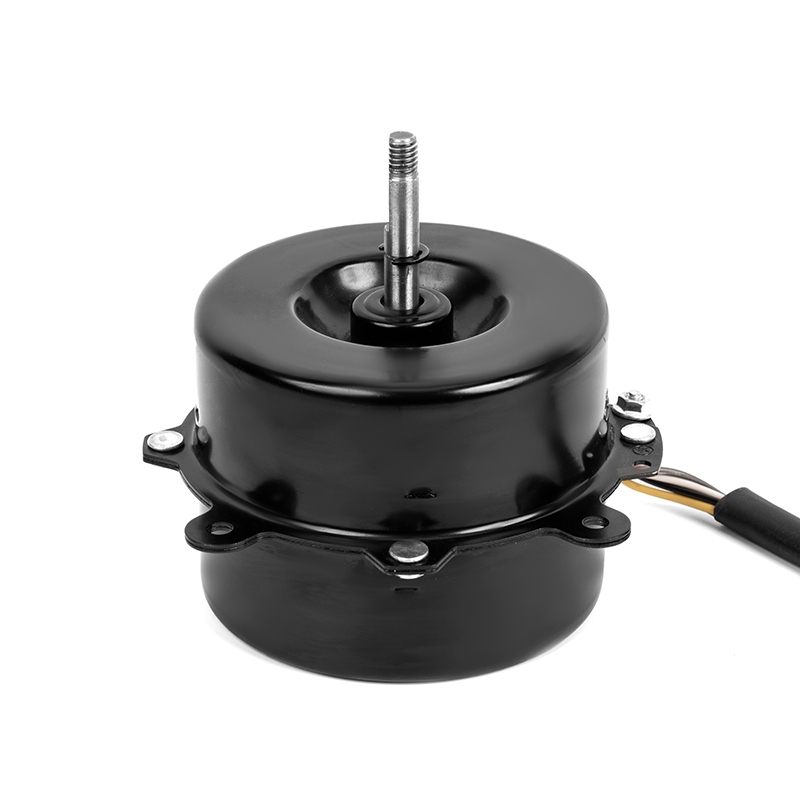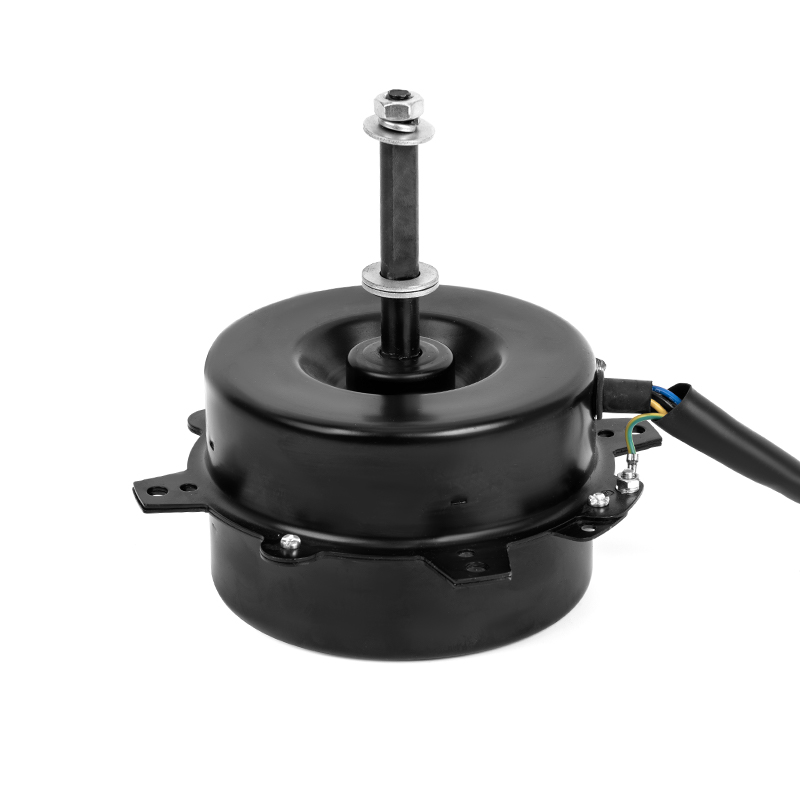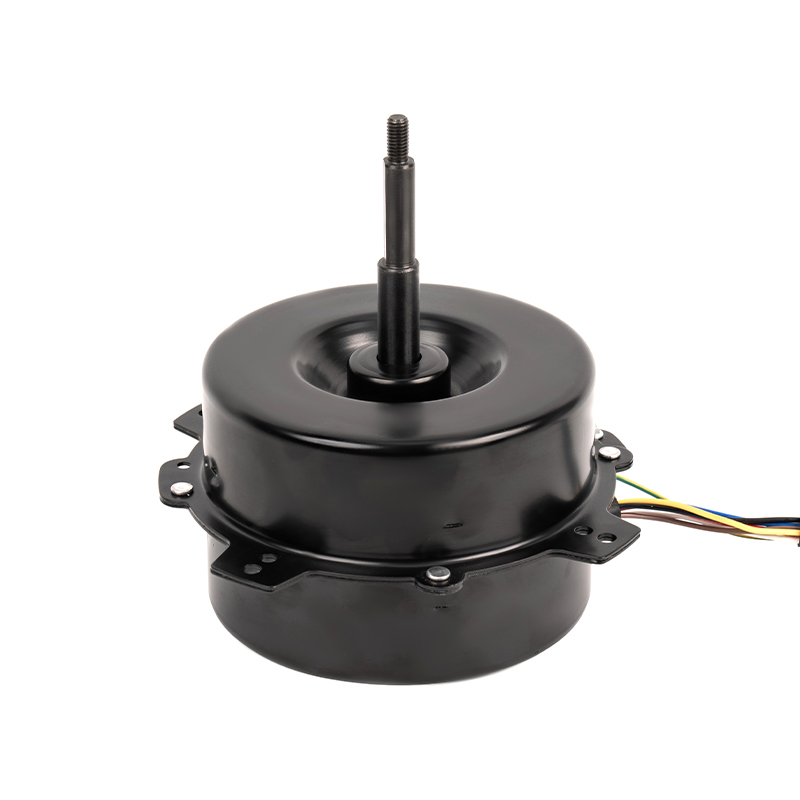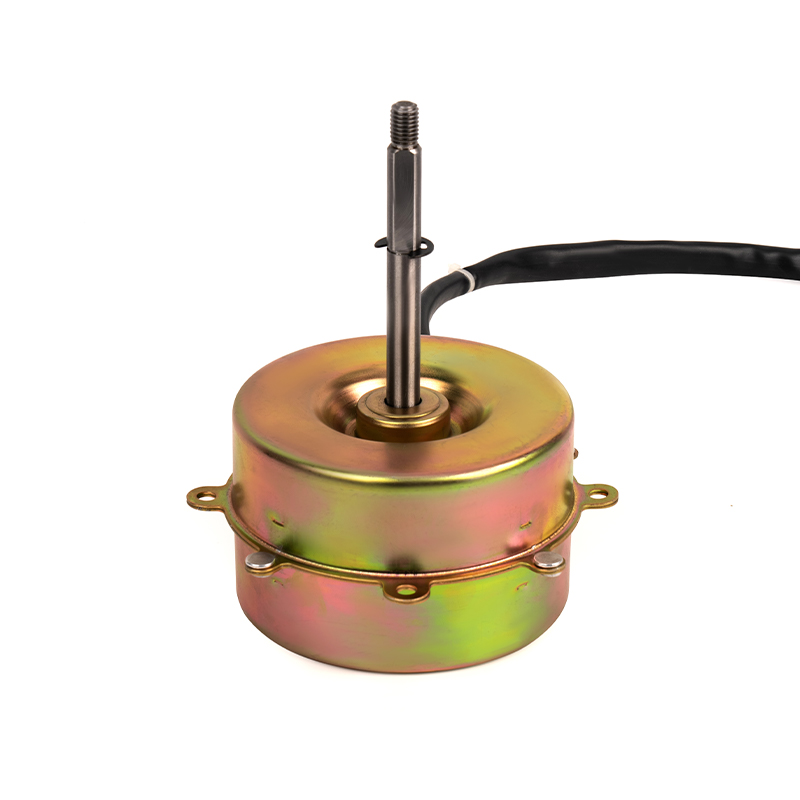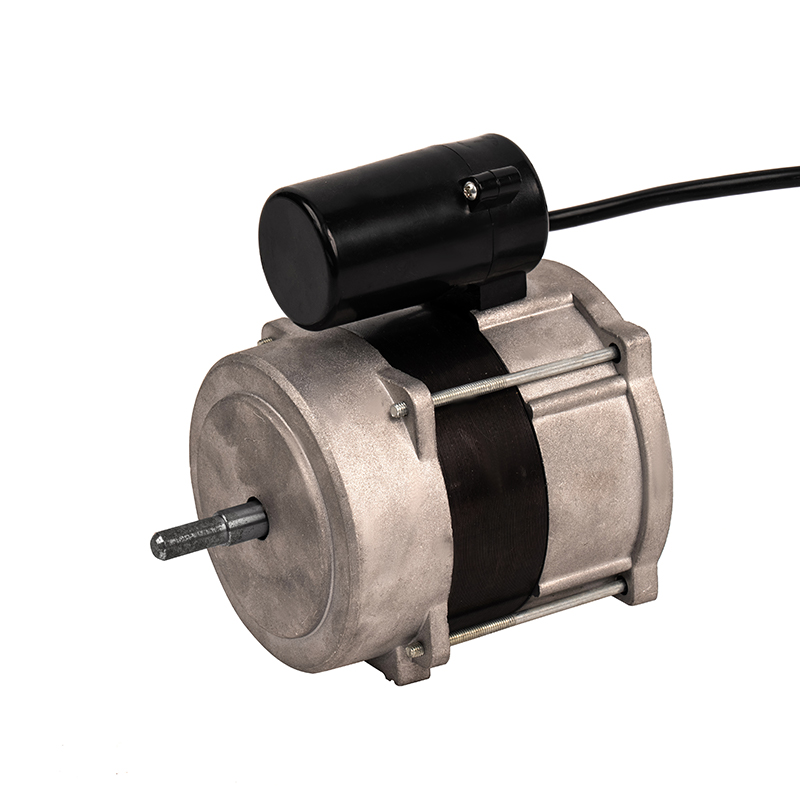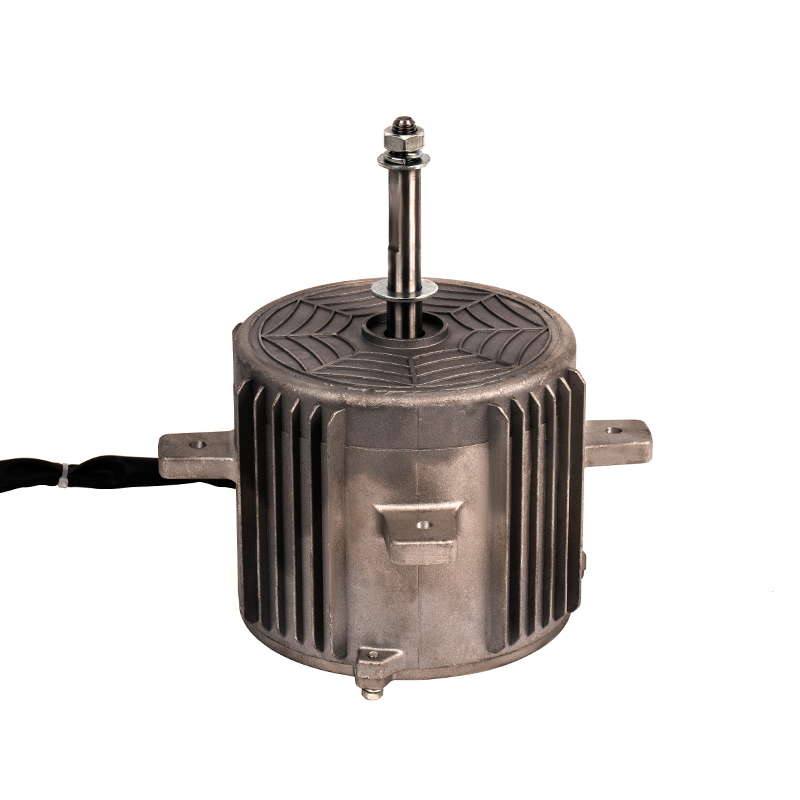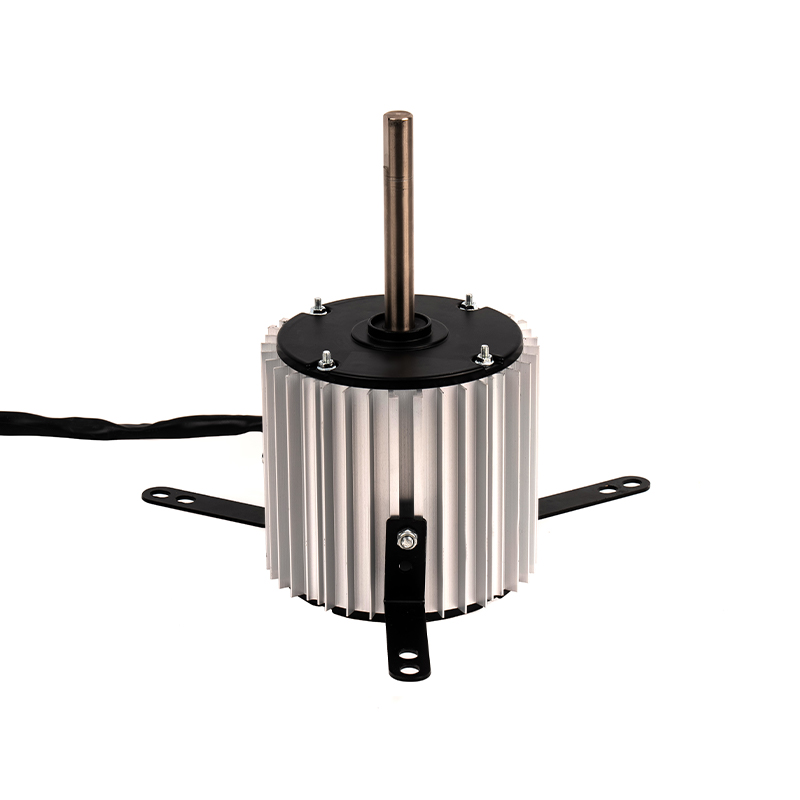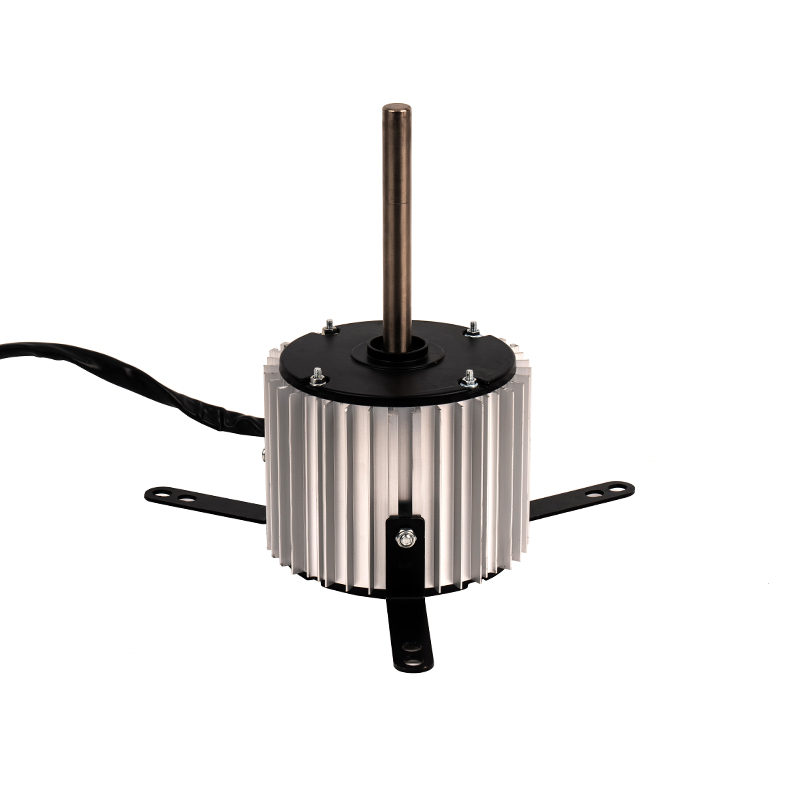Material Selection: Plastic encapsulated oil fume AC motors are crafted using advanced polymers specifically selected for their exceptional chemical resistance properties. These materials include high-grade polypropylene, polyamide (nylon), and other engineered plastics known for their robustness and resilience in challenging environments. The choice of encapsulation material is critical, as it dictates the motor's ability to withstand prolonged exposure to various industrial chemicals without degrading. Engineers carefully select these materials based on rigorous testing to ensure they provide the necessary resistance to oils, solvents, and other aggressive substances encountered in industrial settings.
Corrosion Resistance: The encapsulation process involves enveloping the motor's internal components in a protective plastic shell that forms an impermeable barrier. This barrier is designed to resist penetration by corrosive agents such as acids, alkalis, and salts commonly found in industrial environments. By preventing these substances from contacting sensitive components like the motor windings, bearings, and electrical connections, the encapsulation significantly enhances the motor's corrosion resistance. This leads to improved reliability, reduced risk of mechanical failures, and an extended operational lifespan. The encapsulated design minimizes the frequency and cost of maintenance, as it reduces the need for interventions related to corrosion damage.
Chemical Resistance: Plastic encapsulated oil fume AC motors are engineered to resist a wide array of chemicals, including oils, solvents, cleaning agents, and other industrial substances. The specific chemical resistance is determined by the type of plastic used in the encapsulation. For instance, polypropylene and polyamide are known for their ability to maintain mechanical and electrical properties even when exposed to harsh chemicals. This chemical resistance ensures that the motors can operate efficiently and reliably in environments where they may come into contact with aggressive substances, such as industrial kitchens, chemical plants, and manufacturing facilities. The encapsulation effectively shields the motor's components from chemical attack, preserving its performance and structural integrity over time.
Protection Against Contaminants: In addition to providing resistance to chemicals and corrosion, the encapsulated design of these motors offers robust protection against environmental contaminants such as dust, dirt, and moisture. This is particularly important in industrial settings where airborne particles and humidity levels can compromise the performance and longevity of electrical equipment. The plastic encapsulation creates a sealed environment that prevents contaminants from entering the motor housing and affecting the internal components. This comprehensive protection helps maintain the motor's operational efficiency, reduces the likelihood of mechanical failures, and extends the intervals between required maintenance procedures. Consequently, users benefit from enhanced reliability and lower overall maintenance costs.
Environmental Suitability: Plastic encapsulated oil fume AC motors are ideally suited for use in environments characterized by the presence of oil fumes, chemical vapors, and other contaminants. These motors are commonly deployed in industrial kitchens, chemical processing plants, food and beverage manufacturing facilities, pharmaceutical production, and other settings where robust resistance to harsh environmental conditions is essential. The encapsulated design ensures that the motors can withstand the rigors of such environments, providing consistent and reliable performance.
YYS80-4 Plastic Single-Phase Asynchronous Motor
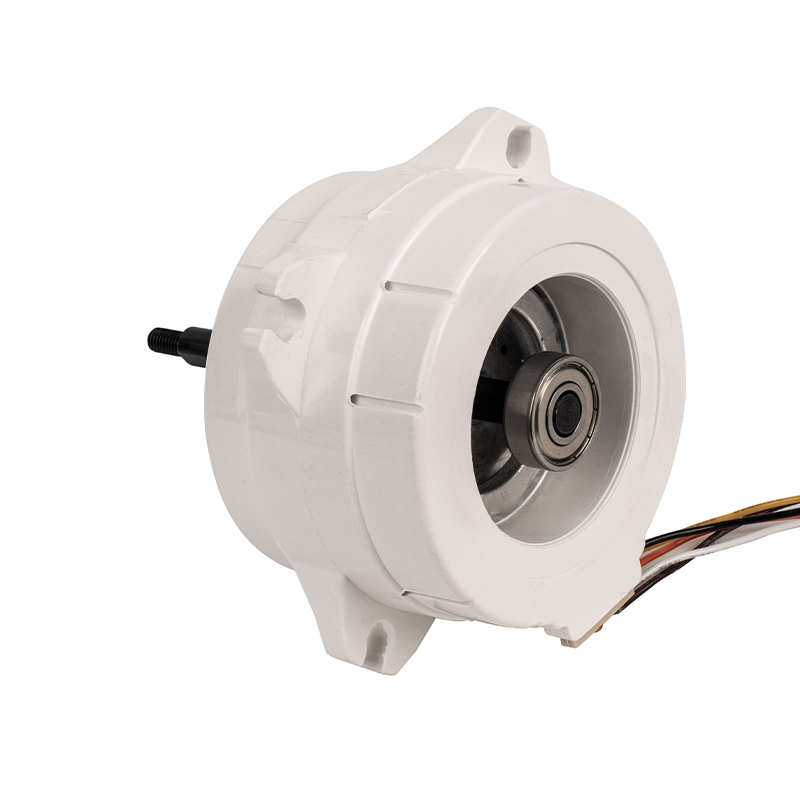



 English
English عربى
عربى ++86 13524608688
++86 13524608688